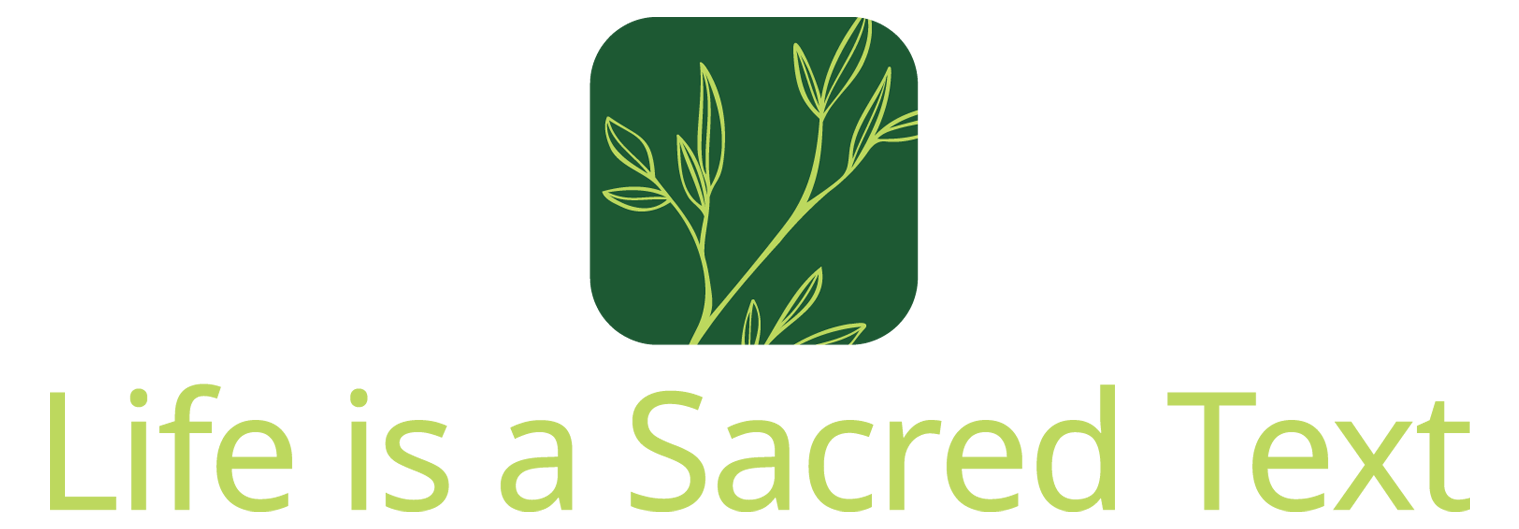Another Batch of Q & As
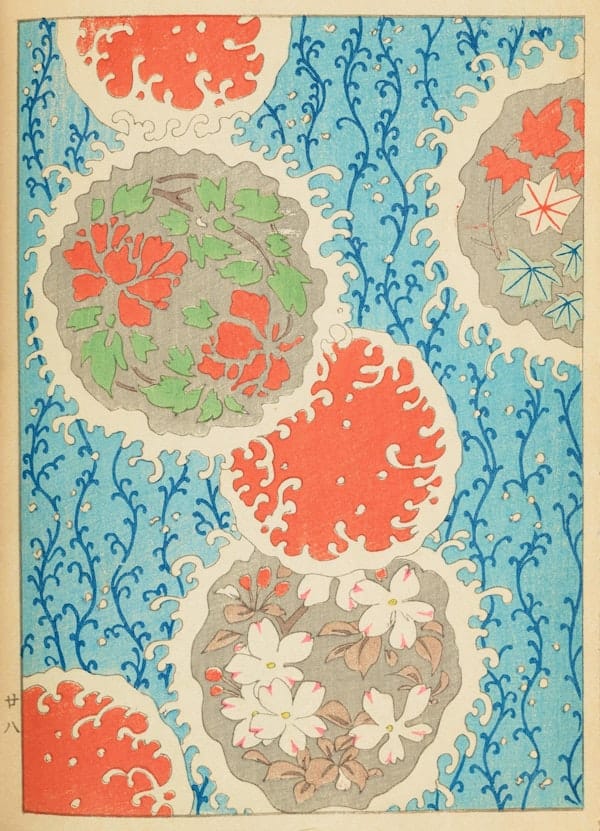
Hey all–
Another round of questions, with my answers, opinions, thoughts, ruminations, references, etc.
Any advice for handling fear of family and friends dying? My psychologist and I talk about it, but it’s still paralyzing at times.
Listen, I'm a parent– and one who's already lost important people at formative times. I hear you.
If you want someone to tell you that there's some magic answer key to preventing suffering and that I can fix this for you–I'm afraid that you're barking up the wrong tree. None of us know what will happen, and I personally believe that "Why?" is the wrong question in the face of suffering (My guess is that "People misused free will" is the answer to 85% of human suffering, and "Why would relatively more intelligent mammals be exempt from suffering?" is probably the answer to the rest? But maybe we'll all get the answers to the quiz eventually?)
The bottom line is that one of the great spiritual lessons that we all have to learn is to be able to sit with this loss of control, to embrace it. We can't dominate the future—we have to submit to it.
Being afraid about tomorrow will only make today harder and inhibit our ability to be with the people now, according to the needs and demands of this present moment, right here. And part of living in the now means not carrying that heightened awareness of the uncertainty of the future with us everywhere.
All that's left, I think, is to consciously practice– as a spiritual practice– owning the awareness that we don't know how this story will go, to admit that if we're not driving this car, we shouldn't be trying to steer from the passenger seat. (And yes, that means not letting our fears grab the wheel.) That doesn't mean you tell your fears to shut up. That never works. Acknowledge them. Say hello to them. Hi, fears, I see you. Now go sit quietly in the passenger seat. Look out the window. You can be there, but you're not in charge. Do whatever adult regrounding tools work to bring you back to the moment at hand. (Go with the classics! What are five things you can see? Four things you can touch? Three things you can hear? Two things you can smell? One thing you can taste? OR: Where do you feel good in your body? Can you focus on that sensation first? Or whatever your re-grounding of choice might be.) What you know now is that now is happening. Fear is future events appearing real– let the information you know to be true drive the car.
A lot of things could happen. Including that everyone gets to live out their wildest dreams. That we finally manage to make things safer and more whole than they've ever been. You don't know, you don't get to know. Not yet.
The poet Rainer Maria Rilke wrote,
We need, in love, to practice only this:
letting each other go. For holding on
comes easily; we do not need to learn it.
Accepting our powerlessness is in some ways even more terrifying, but facing it honestly frees us up to be here in the now, loving our actual people today in the ways that they need us, today. For better or for worse, that's all we've got.
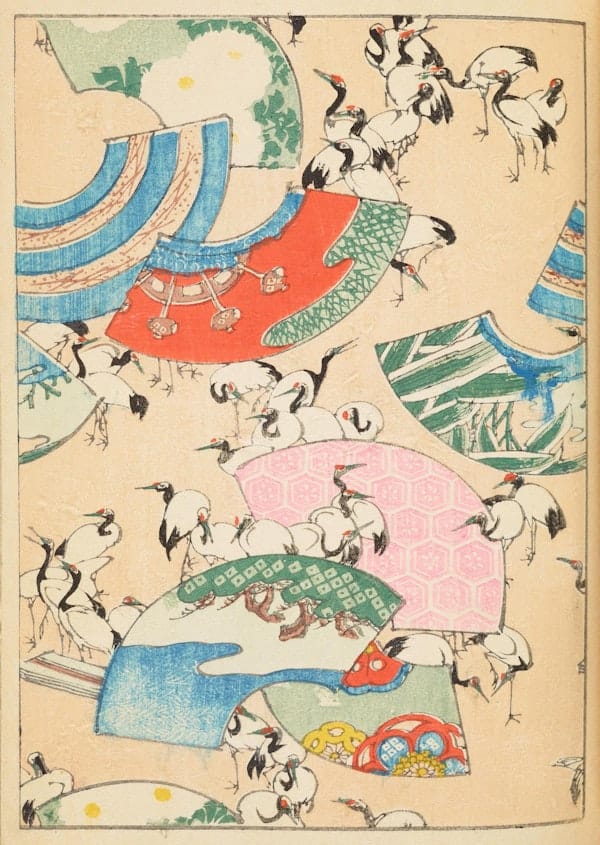
I converted to Judaism in 2022. The older members of my family, who are not Jewish, are getting sick (cancer, dementia). How do I mourn these relations when the time comes? Do I sit shiva, according to my faith, or do I respect their faiths (Christian and atheist) in the mourning period? I do not want to be disingenuous in this and don’t know how, when the inevitable time comes, to mourn, especially when trying to honour my Christian parents.
Jews by Choice (JBC) are regarded, in the tradition, as people who are reborn, who begin a whole new life. As such, some sources teach that though Jews are generally required to observe mourning rituals for parents, children, siblings, spouses, a JBC is not required to observe formal mourning rituals for the immediate family for which others would have an obligation, many authorities encourage a JBC to do so out of respect (Yad, Hil. Evel 2.3; Radbaz to Yad; Sh.A., Y.D. 374.5; and many subsequent authorities). Nonetheless, it's helpful, this equivocation, in some ways, I think– especially if there was tension in this relationship around one's conversion, this might be regarded as a way to let someone off the hook. (NB the commandment "honor one's parents" is more nuanced than most people think, and Jewish kids, too, have to struggle with whether/if so how/ to observe formal mourning practices when there was abuse or estrangement in a relationship.)
But I also appreciate the ways in which these rulings– and, eg, Rabbi Ovadiah Yosef, the former Sefardi Chief Rabbi of Israel, ruled that a JBC should sit shiva for one's non-Jewish parent. (Yechaveh Da’at 6:60)– affirm and honor these relationships and their importance beyond the technicalities of sorting out what Jewish law's domain entails.
There's a case to be made for these practices being regarded as obligatory, such as in the writing of Rabbi Joel Rembaum, in a responsa/tshuvah/Jewish legal paper to the Conservative movement's Committee on Jewish Law and Standards. He wrote,
"Converts to Judaism are required to follow regular Jewish bereavement practices when mourning the death of non-Jewish parents and close relatives, just as born Jews would for Jewish family members. To do less would be to deny the full benefit of the structured Jewish mourning procedures and would leave converts with the sense that Judaism establishes a double standard in evaluating people's feelings of grief."
It's not not complex, as a Jewish mourner may be balancing the mourning practices of their non-Jewish family with their own Jewish practices, and their own emotional and spiritual and psychological needs. Here's one personal story.
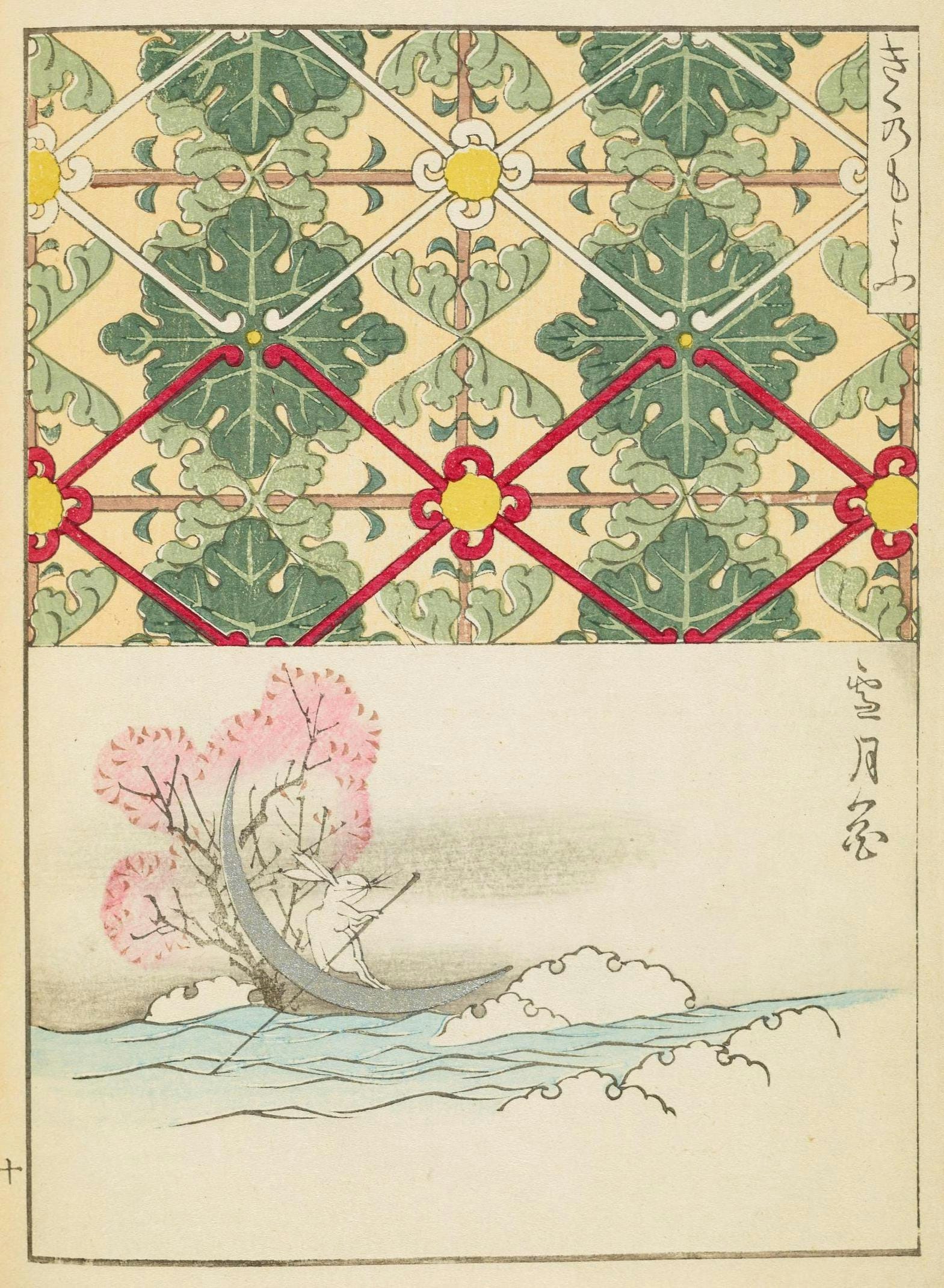
1. How much do we know about the origins of the blessings for bread and wine? How far back does the record actually go? Are there earlier iterations?
2. How much of a "source" do we have for "Baruch Atah God Eloheinu Melech Ha-Olam?"
3. In the Talmud are there dialogues/sayings that scholars believe are falsely attributed (i.e. "Hillel never actually said that?")
So to answer 1 and 2 together, We have a little Biblical precedent– the Priestly blessing here, David blessing the people there, some language from the Psalms to help...
"Blessed is the God, God of Israel, from eternity to eternity." (Psalms 41:14) and
"You make the grass grow for the cattle, and herbage for human's labor that they may get bread out of the earth"/ l'hotzi lechem min haaretz (Psalms 104:14)
... but ultimately, what we think of as brachot/blessings are pretty Rabbinic:
How does one recite blessings for fruits? On fruits growing on a tree, one says, "...Who created the fruit of the tree," except for wine; on wine, one says, "...Who created the fruit of the vine." ... (Mishnah Berakhot 6:1)
And you see, in the Talmud, in real time, as the Amoraim (Rabbis of the Talmudic era, ca. 200 to 500 CE) began to work out what constituted an "official" bracha-- and what the requirements are:
Rav said: Any blessing that does not contain mention of God’s name is not considered a blessing. And Rabbi Yoḥanan said: Any blessing that does not contain mention of God’s sovereignty ("malchut") is not considered a blessing.... And Rabbi Yoḥanan would say: Emend the baraita: And I did not forget to mention Your name and Your sovereignty in the blessing recited over it; indicating that one must mention both God’s name and God’s sovereignty. (Talmud Brachot 40b)
I can keep going with sources about all the elements of this, but the bottom line is that you can see all of this being constructed in real time in these texts, which is pretty cool.
In terms of the question about the attribution of the Tanaaim and Amoraim (earlier and later generations of the Rabbis of the Rabbinic era)– I mean, what we have is the literature that we have. As far as I know– and as always, I'm a generalist who reads scholarship for fun and nerdies, not a trained scholar who specializes in this area – we currently have no way of knowing anything more than what we have. The fact that we have not only the Mishnah, not only the Tosefta, not only baraitot in the Talmud, but other early Rabbinic collections, and some other things, like some later Second Temple history and the like– that we have the gift of this massive corpus of literature at all is pretty incredible.
(I think about the Druids sometimes, whose sacred texts were evidently also orally transmitted for centuries, but who did not have a Rabbi Yehudah HaNasi to capture them at a moment of crisis and instability and help a culture at risk grow into its next chapter. Perhaps they wouldn't have wanted that, perhaps it wouldn't have worked, but dang, so much Celtic culture has been lost and we're so lucky that's not our story here.)
If there's a way to figure out what of the things that Hillel is quoted as saying he was more or less likely to have actually said? We might someday find another Cairo Geniza or Dead Sea Scrolls-level discovery that might be able to answer that question, but barring that, I don't think we'd have a way to do so?
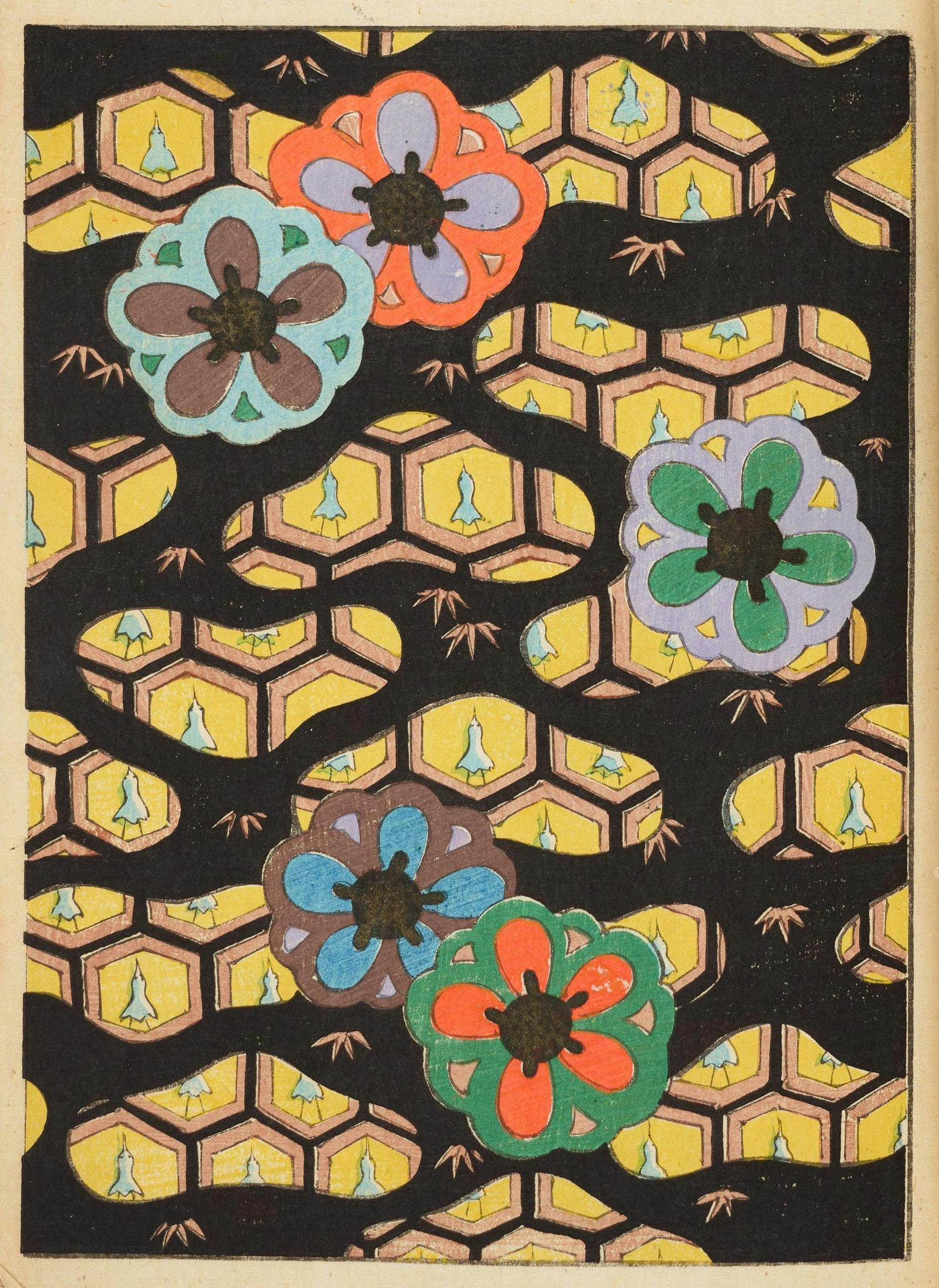
RDR, I would be interested in hearing your thoughts on Jewish perspectives on the moshiach/messiah. It's a topic I've always steered away from thinking about because I have associated it with Christianity and it's always felt alien to me for that reason, but I'm finding the concept coming up more and more in my Jewish learning and I'd like to find a way to understand and relate to it
So, first of all, for those just tuning in, here's a basic brief on the whole Judaism / messianism business, no need to repeat it here, and here's a Part Two on that, a guest post by Rabbi Jericho Vincent on the messianic sex-positive (?) feminism of Shabbtai Tzvi and his wife Sarah Ashkenazi.
Anyway, looking back on that first post, I see that I did share a bunch of what I think there, so I'll re-share some of that here, and maybe add a little:
“Rabbi Yohanan ben Zakkai used to say: If you have a sapling in your hand and are planting it, and someone should say to you that the Messiah has come, stay and complete the planting, and only then go to greet the Messiah.” (Avot d'Rabbi Natan 31b)
“THEREFORE: Plant a tree somewhere as a small tikkun olam—act of fixing the world—wherever the olam most needs it.“ (Rabbi Arthur Waskow, The Jewish Catalog: A Do-It-Yourself-Kit, 1973)
Right? The message here is: Bring the more perfected world closer to us. Act by act. Day by day. Choice by choice.
And taking care of this world is what really matters, where the action is.
And for me, that’s the point of the messianic framework. I know that for some Jews, the talk of the messiah is very literal, and I respect that in the same sense that I respect other religious beliefs—not how I see it, that’s OK, guess we’ll all get the answer sheet someday.
For me, the work is about doing what I can, every day, between a person and another person, a person or group of people and a society, a system, an institution, a nation, a planet to get all of our voices heard, addressed, engaged towards creating a world that is more whole now, more just now, more complete now.
I believe with perfect faith that I must live every single day assuming that an otherworldly Moshiach isn’t coming anytime soon, and that my job now is to do my part towards a world in which every human being is treated as they are: created in the divine image; holy; inherently deserving of the opportunity to thrive.
And maybe if redemption is that more perfect world, it's something that comes into being as a result of human action – human tarrying, or human haste.
On that level, Moshiach is not a person, but rather a process. Moshiach is the work to bring this more whole world into being. Or maybe Moshiach is all of us, finally, working together. I'm not sure.
But I do know that what is now is not what must be.
“We live in capitalism. Its power seems inescapable. So did the divine right of kings. Any human power can be resisted and changed by human beings. Resistance and change often begin in art, and very often in our art, the art of words.
Ursula K. Le Guin
